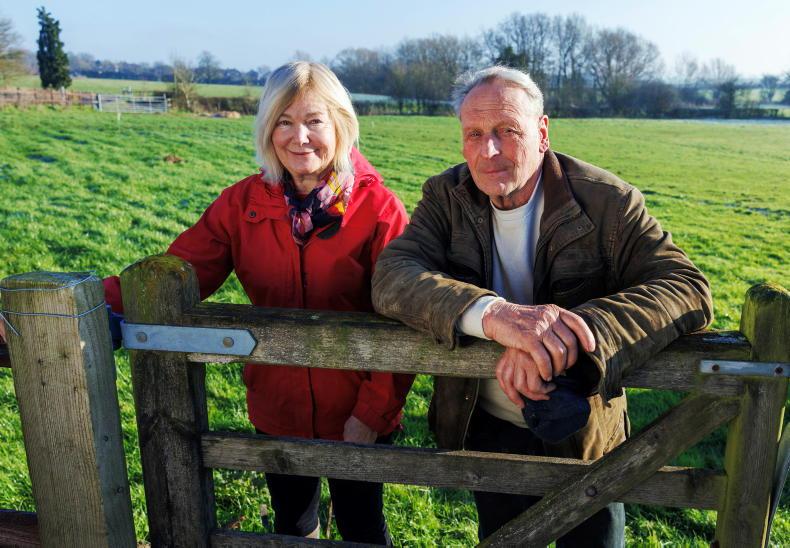

LOYALTY CODE:
The paper code cannot be redeemed when browsing in private/incognito mode. Please go to a normal browser window and enter the code there
Ewen Mullins is the head of crop science at Oak Park and specialises in researching genomic techniques. He answers commonly asked questions in this article.